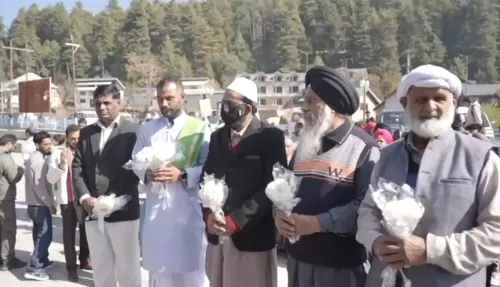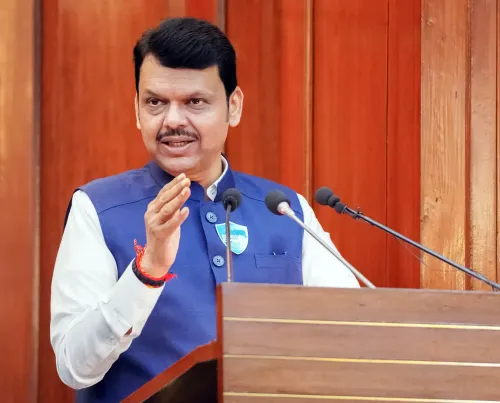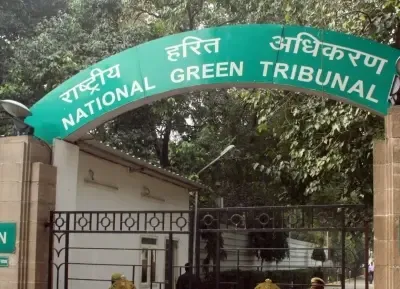Is Pakistan's Concern over the Brahmaputra Justified?

Synopsis
Key Takeaways
- Assam CM denounces Pakistan's claims.
- China's contribution to the Brahmaputra is limited.
- India's monsoon significantly boosts river flow.
- India's water sovereignty is asserted.
- The Brahmaputra is an Indian river system.
Guwahati, June 3 (NationPress) Assam Chief Minister Himanta Biswa Sarma on Monday addressed Pakistan’s recent narrative concerning water issues, describing it as a ‘groundless attempt’ to incite fear regarding a hypothetical situation related to the Brahmaputra River.
In a forceful message posted on X, Sarma tackled the assertion, “What if China halts the Brahmaputra’s water flow to India?” by presenting a fact-based counterargument.
“Let’s dismantle this myth, not with fear, but with facts and national clarity,”
he stated, emphasizing that the Brahmaputra is a river that originates in India, rather than being diminished by upstream control.
The Chief Minister noted that China contributes only approximately 30 to 35 percent of the river's total flow, mainly due to glacial melt and limited rainfall over the Tibetan plateau. The rest, 65 to 70 percent, is produced within India through monsoon rainfall and tributary inflows from the Northeast.
Sarma referred to hydrological data, indicating that while the river’s flow at the Indo-China border (Tuting) averages between 2,000 and 3,000 cubic metres per second, it significantly increases to 15,000–20,000 m³/s in Assam during the monsoon, showcasing India's substantial contribution to the river's volume.
“The Brahmaputra is not a river India relies on from upstream. It is a rain-fed Indian river system, fortified after entering Indian territory,”
he added.
Additionally, Sarma contended that even in the unlikely scenario of China reducing water flow, it could potentially assist India by mitigating the persistent floods in Assam that displace hundreds of thousands annually.
He asserted that China has never officially threatened to weaponize the Brahmaputra and dismissed such claims as mere speculative fear-mongering.
In a remark directed at Pakistan, Sarma stated that the country, which has long benefitted from the Indus Waters Treaty, is now “panicking” as India reclaims its rightful water sovereignty.
“The Brahmaputra is not controlled by a single source. It is governed by our geography, our monsoon, and our civilizational resilience,”
he concluded.









